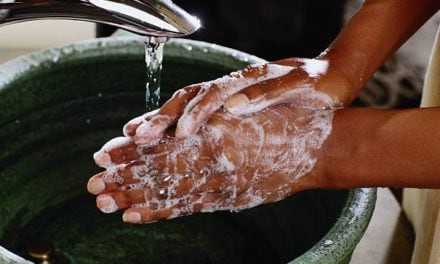African American women struggle with infertility at a rate roughly twice that of women of other races, according to several studies. The most recent studies report a rate of roughly 11 percent (the rate for white and Asian women is approximately 6 or 7 percent).
In addition, due to cultural stigma and the extraordinary expense of infertility treatments, black women are also less likely to seek help when we are unable to become pregnant.
Infertility—the inability to become pregnant after twelve months of unprotected sex—can be caused by many things. Unfortunately, women most often blame themselves. New research, published in the September 2016 issue of the Annals of Epidemiology, shows that stress may play a much larger role in conception than previously thought.
In a study of 400 women, ages 40 and under, University of Louisville School of Public Health and Information Sciences epidemiologist Kira Taylor, PhD, and her research team which included scientists from Emory University, found that women who reported feeling more stressed during ovulation (a period of seven or so days), were approximately 40-percent less likely to become pregnant during that ovulation cycle, when compared to less stressful ovulation cycles.
During the study term, the women rated their stress on a scale of one to four (low to high), along with other factors that might affect fertility, such as smoking, diet and alcohol consumption, intercourse and menstrual cycle regularity.
What Influences Fertility
After decades of study, scientists are still unable to determine the single causes of fertility for each woman or couple. In most cases, according to the American Society for Reproductive Medicine, there are multiple factors that prevent pregnancy at least 25 percent of the time. In addition, in nearly 40 percent of infertile couples, the male partner is the sole or partial cause of the infertility.
To learn more and get support if you are struggling with infertility, contact: Resolve or Fertility for Colored Girls.









